This post is part of a virtual book tour organized by Goddess Fish Promotions. Kathleen Buckley will be awarding a $25 Amazon/BN gift card to a randomly drawn winner. Click on the tour banner to see the other stops on the tour.
Learning to write well takes time. Athletes train and practice a lot; so do musicians and artists. Your first attempts will not be your best. Write every day if you can, or at least regularly. Turn off your phone/radio/TV and put a Do Not Disturb sign on your door if you don’t live alone. What you write about doesn’t matter as much as that you write: a long, chatty letter, a journal entry, an account of something you saw or experienced, an anecdote about your pet iguana. It’s all practice. I’ve heard it claimed that writing by hand is helpful because supposedly the connection between your brain, hand and paper is shorter than between your brain, fingers and keyboard. Try it if you wish. After all, Jane Austen and Sir Walter Scott wrote by hand and they did all right.
Approach writing as you would any major project and take it one step at a time. Do not become discouraged. Do not wait for inspiration to strike. Maybe you know how the story starts, develops, and finishes. Good. You’re a planner. Maybe you know how it starts…and how it will somehow end. You’re a seat-of-the-pants writer (a “pantser”). That’s all right, too. My own books tend to grow out of the characters rather than the characters being forced to follow my plans.
If you find yourself stalled at some point in your story, don’t despair. Maybe you’re tired or having a bad week at work. Letting it sit for a few days or a week should take care of that. After years, I learned that when I don’t know how to continue, it’s because what I want my characters to do is inconsistent with the way I’ve developed them. The characters have gone on strike. This happened in Hidden Treasures. I’d come to the place where I needed to start wrapping the story up and my mind was a blank. Drag the villain in front of a magistrate and… And what? He was not a conventionally good man but he wasn’t evil. His secretive ways frightened the female protagonist, and rightly so. He was not unkind. What if everything he had done came from good intentions or because he had few or no good options in the harsh 18th century. That idea gave me a satisfyingly twisty conclusion.
You’ve finished your story or novel. Wonderful! Go over it, looking for typos, grammatical infelicities, words that aren’t quite the right word, and clunky writing*. Do not—NOT!—throw it up on KDP immediately. That seldom turns out well. Set it aside for a month and do not look at it. Then go over it again. You’ll almost certainly find the above problems and maybe also glitches with flow or continuity or where the character’s description or backstory changes. Fix them. In theory, a spelling and grammar checker should help weed out common problems. In my experience, the free ones are pretty useless. If you are not confident about those necessary skills, if you have a friend, relative or fellow aspiring author who is, see if they’ll go over it for you.
But that’s not all there is to being a writer. Learn to accept literary criticism because there will be some, no matter how successful you become. My own opinion of James Joyce’s Ulysses would strip paint. Learn the difference between valid, helpful criticism (the politically correct word is “critique”) and criticism that is not useful.
“If the author had revealed something of the protagonist’s mind rather than only his actions, we might understand what motivated his heroic action.” Translation: deep POV needed.
“I wish the author had not had her Regency period characters use modern catchphrases and slang and had done enough research to know that gas street lamps were not widely used in London until the mid-19th century.” Unless you know the subject you’re writing about intimately, do your research.
“This book sucked. It was a total waste of money.” This is not helpful because it tells nothing about why the reader disliked it. Maybe the subject matter “triggered” him/her. Maybe it simply didn’t appeal.
“It’s a romance so I expected a steamy read.” This may be semi-valid if the cover of your sweet/traditional romance shows half-clothed characters. Reader, be warned: if there are no unclad people passionately embracing, there probably won’t be explicit sex.
Don’t expect to make enough money to give up your day job. Most writers don’t earn enough to do that. But if you love writing, don’t stop.
*Clunky writing: telling rather than showing, passive verbs, too many or misplaced clauses, too many or weak adjectives and adverbs. Examples of the latter: “She ran quickly” conveys less than “She sprinted”, and “…pretty pink petals” is vague. “…petals soft as pink silk” is a more vivid image.
Allan Everard, an earl’s illegitimate son, is dismissed from his employment at his father’s death but inherits a former coaching inn. Needing to make a new life in London, he begins by leasing the inn to a charity.
Unexpectedly orphaned, Rosabel Stanbury and her younger sister are made wards of a distant, unknown cousin. Fearing his secretive ways and his intentions for them, Rosabel and Oriana flee to London where they are taken in by a women’s charity.
Drawn into Rosabel’s problems, with his inn under surveillance by criminals, Allan has only a handful of unlikely allies, including an elderly general, a burglar, and an old lady who knows criminal slang. A traditional romance.
Enjoy an Excerpt
“Sir, we came to London to live with our grandfather, but he is ill, and we couldn’t see him, and our uncle’s wife didn’t believe we are his grandchildren, and now we have no place to go.”
Rosabel wished whoever he was might be able to aid them, knowing she dare not trust him, not after their encounter with the woman at the inn. He was probably a rakehell. Gentlemen did not otherwise concern themselves with females of the servant class, as they must appear to be, clad in their dusty, countrified clothing.
Blinking away her last tears, she was tempted to revise her opinion. His plain black suit, slight body, and untidy hair suggested quite another sort of man. His eyes twinkled when she met his gaze. “May I introduce myself, ma’am? Wilfred Simmons, curate, St. Giles-without-Cripplegate. If you and your sister have nowhere to stay, your situation is serious. London is a hard place even for men if they have no work and no money. A female without resources risks danger to both body and soul. Please let me assist you.”
She bit her lip. Mr. Simmons appeared to be respectable. He had a gentleman’s voice and was no more than four-and-twenty, she guessed. Beside her, Ory sniffed dolefully.
“You are wise not to be too trusting. I have friends who will vouch for me inside.” He smiled at her expression. “Ma’am, no one has ever been abducted from St. George’s Church, Hanover Square.”
About the Author: Kathleen Buckley writes traditional historical romance (i.e. no explicit sex). There are fewer ballrooms and aristocratic courting rituals in her books and more problems than does-he-love-me/does-he-not. Sometimes there’s humor. Kathleen wanted to write from the time she learned to read and pursued this passion through a Master’s Degree in English, followed by the kind of jobs one might expect: light bookkeeping, security officer, paralegal. She did sell two stories to the late Robert Bloch, author of Psycho. And no, he wasn’t late at the time.
After moving to Albuquerque, New Mexico, she wrote her first historical romance, striving for Georgette Heyer’s style, followed by nine more.
In Kathleen’s gentle romances, the characters tend to slide into love rather than fall in lust. Their stories are often set against the background of family relationships, crime, and legal issues, probably because of her work in a law firm.
When she’s not writing or reading, she enjoys cooking dishes from eighteenth century cookbooks. Those dishes and more appear in her stories. Udder and root vegetables, anyone?
Kathleen Buckley’s current work in progress is her first historical mystery, tentatively titled A Murder of Convenience.
Buy the book at Amazon.
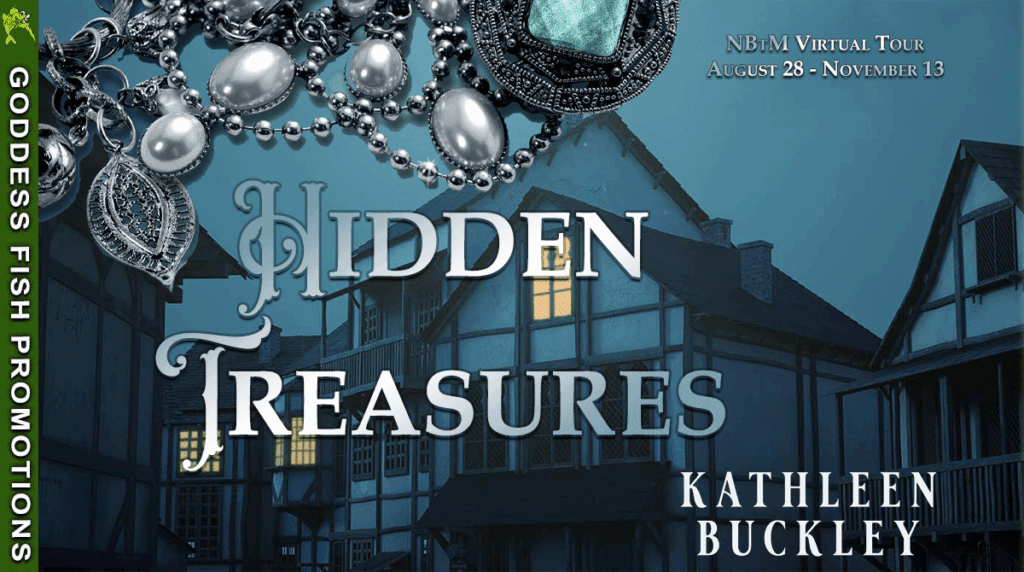
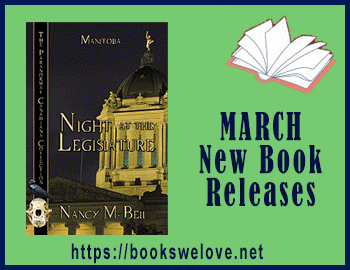




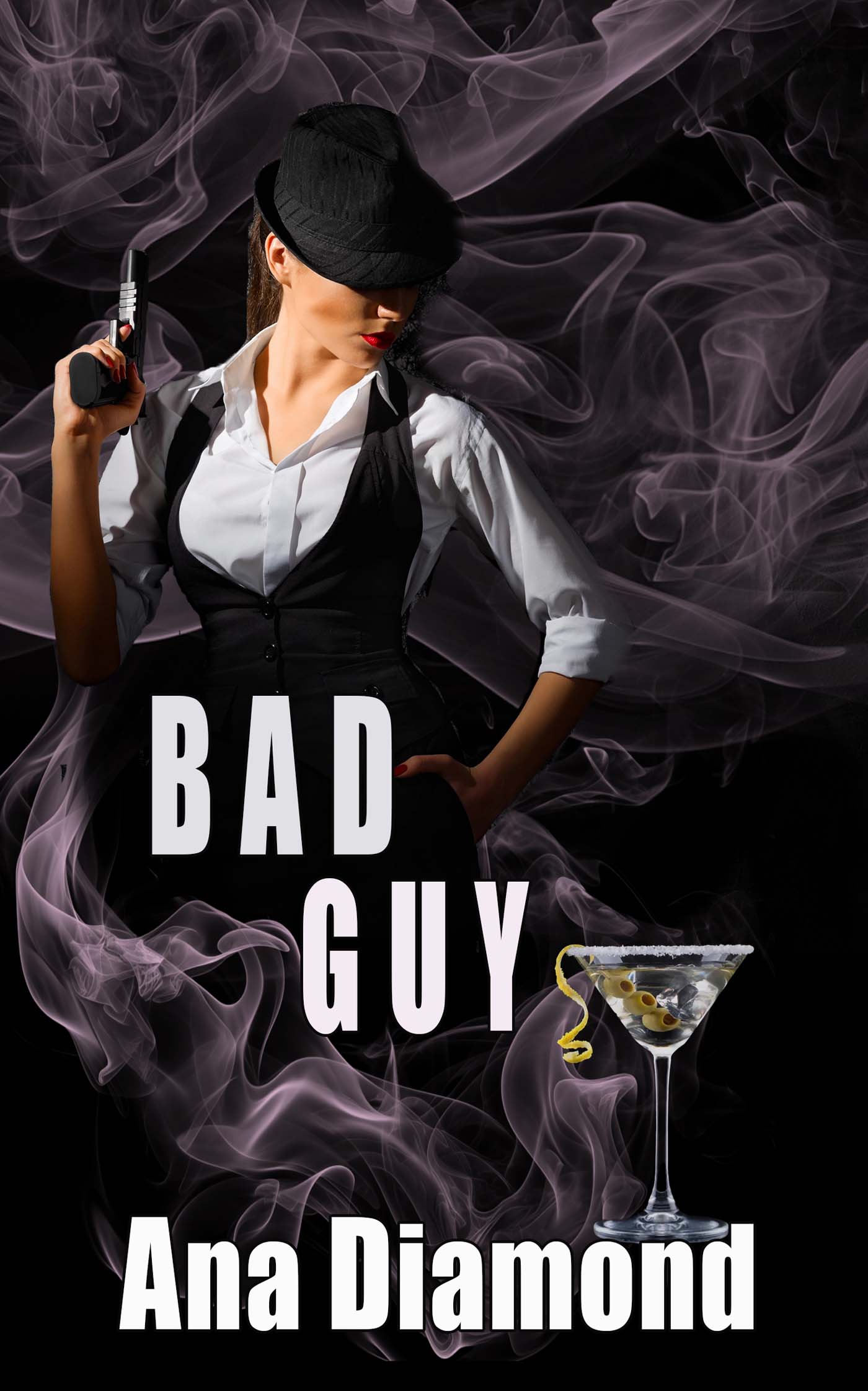
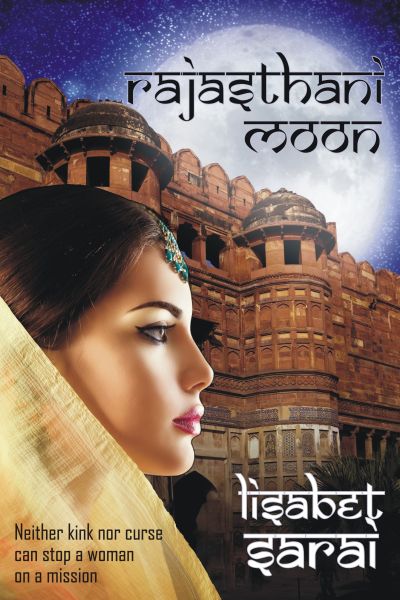
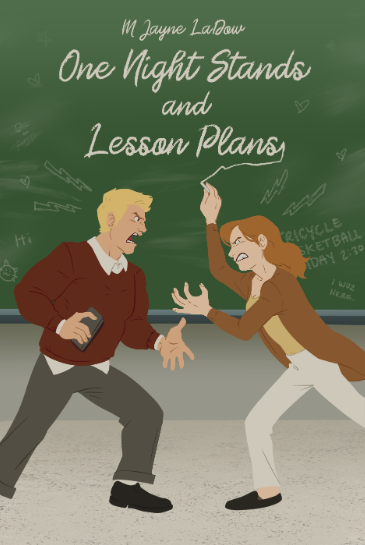




Thank you so much for hosting!
I enjoyed the post. Sounds like a good read.
I really like the cover and think the book looks interesting.